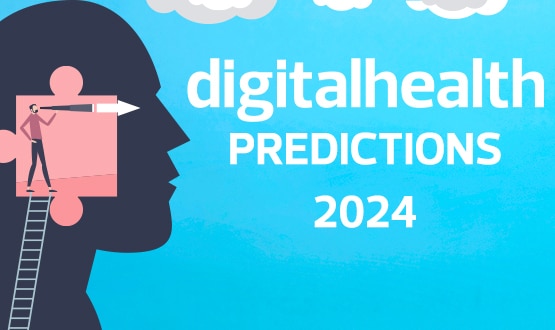Confusion surrounds Summary Care Record
- 14 September 2007
Indecision about the Summary Care Record has led to confusion about its content and purpose, according to a report from MPs.
The Health Committee has heavily criticised both the Department of Health and Connecting for Health for confusion about what will be included in the SCR and what the record will be used for.
In their enquiry into the NHS Care Records Service the Committee took evidence from a variety of Connecting for Health representatives on the SCR but claimed that officials gave different answers on different occasions to questions.
The report said the Committee supported the aim of introducing a nationally available summary record but deplored the “delays and continuing indecision about its content."
The report added: “The Committee was told at various times that the SCR will be used for the delivery of unscheduled care, for the care of patients with long-term conditions, and to exchange information between primary and secondary care. It is little wonder that patient groups expressed confusion about the purpose and content of the SCR.”
The MPS were also critical of what they described as inconsistent information about the consent model for the SCR and criticised the DH and CfH for poor communication to both clinicians and patients about the consent model.
It claimed that much of the controversy over privacy and consent arrangements for the SCR would have been avoided it CfH had communicated its plans more clearly.
MPs approved the current proposals which they described as a hybrid consent model with basic information included by implicit consent and additional details only added with explicit consent.
The MPs said arrangements would be strengthened when sealed envelopes became available to protect sensitive information but s aid it was unfortunate that they were not yet in place.
Health Committee member Sandra Gidley MP, Lib Dem Romsey, told EHI Primary Care that a big concern was the lack of clarity on the content of the record.
She added: “More worryingly we were asked to take on trust that the sealed envelope will be robust and work, and the specification has not even been designed yet.”
The report said the possible addition of prescription information to the SCR with implied consent was also problematic as withholding such information could be clinically dangerous but including it could make a patient’s diagnosis obvious.
The MPs warned the DH against making the SCR too complex and said the DH should ensure the GP is easy to use and recommended that single standardised front screen should be used to display key health information vital for emergency care.
The MPs described HealthSpace as an “excellent addition” to the SCR and saw huge potential in the secure website to improve the safety and efficiency of care by allowing patients to check the accuracy of their SCR and access detailed information about their own health.
They recommended that CfH should commission an independent evaluation of HealthSpace once the system is widely available.
As part of the enquiry MPs looked at e-record systems in other countries.
Dr Doug Naysmith, Lab, Bristol North West, told EHI Primary Care: "In France we saw an excellent Summary Care Record."
The report singles out for praise the French system where patients own their national summary record and access is possible when both patient and clinician use their smartcards together.
Gidley added: "Personally I like the French system where you have to have the patient’s card and you also have to have the card of the health professional to access the record [SCR]."
On security arrangements for the SCR the Health Committee recommended that CfH ensure that BT’s planned security systems for its national applications are subject to independent evaluation and that the outcomes are made public.
The report acknowledged the security measures being put in place by CfH but said that many of the measures were as yet untested on the scale they will be used in the NHS and made a series of recommendations about evaluation and enforcement of the security measures including calling for a substantial audit resource to detect and prosecute those who use the system unlawfully.




